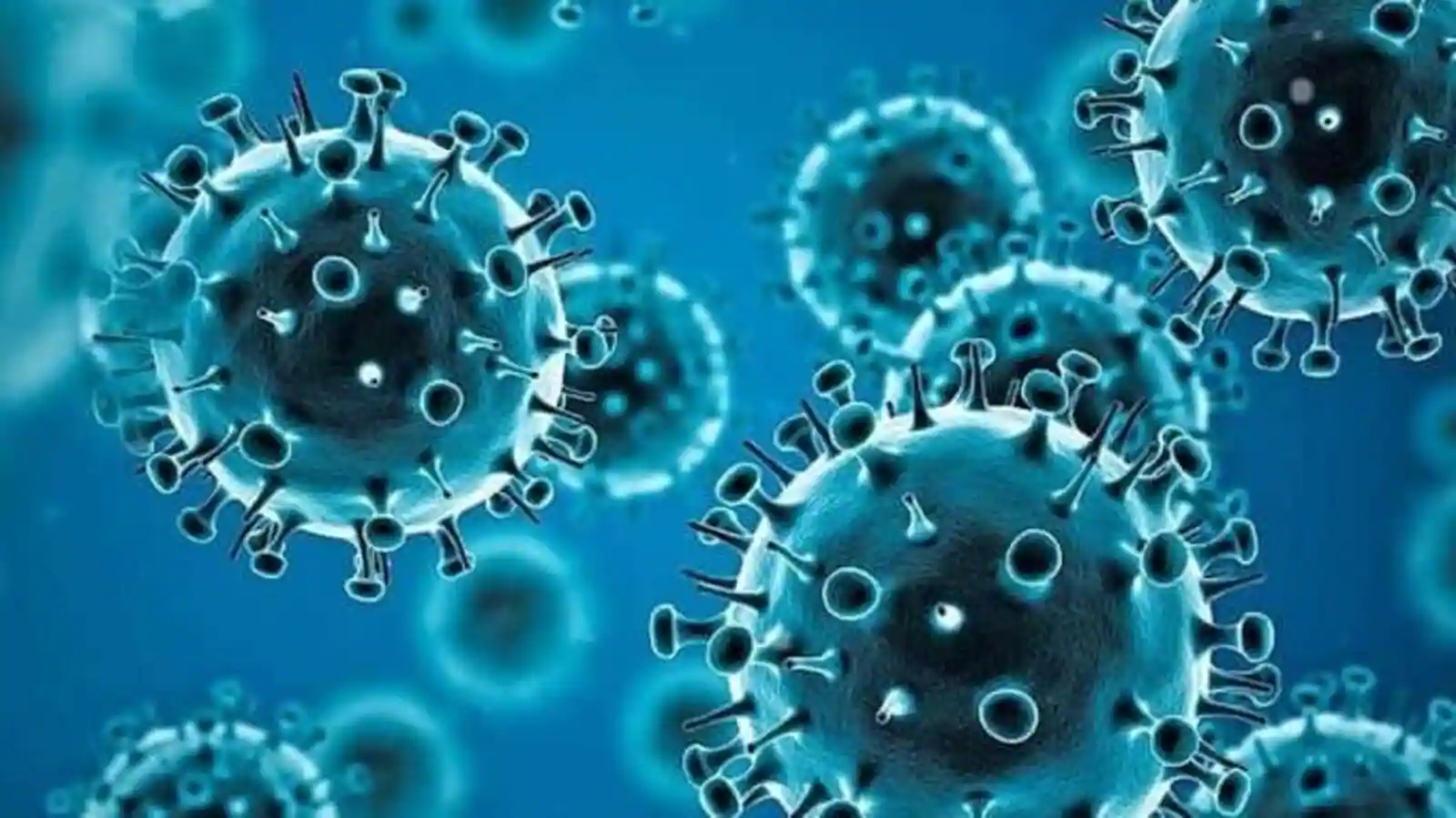Omicron BA.1 offers excellent defence against the BA.2 Covid subvariant. As a result, it is unlikely to trigger a big outbreak in places that have already had a BA.1 outbreak.

As an IIT Kanpur study anticipates that India will be attacked by the fourth COVID wave in a few months, the next big question is whether extremely infectious Omicron BA.2 would cause the outbreak. A recent study found that the BA.1 subvariant gives considerable protection against the BA.2 subvariant, despite previous evidence to the contrary. As a result, it is unlikely to trigger a big outbreak in places that have already had a BA.1 outbreak.
“Immunity by Omicron infection and/or boosting is likely to keep BA.2 from driving a second Omicron Covid wave if BA.2 arrives late, when the BA.1 Omicron wave is nearly over,” said Sarah Otto, an evolutionary biologist at the University of British Columbia in Vancouver, as quoted by the scientific journal Nature.
The authors went into Denmark’s medical registers to research the effect of the subvariant. Troels Lillebaek, a molecular epidemiologist at the State Serum Institute in Copenhagen, and his team looked into Denmark’s medical registries to study the influence of the subvariant.
They also discovered that the BA.2 subvariant has been spreading in Denmark since the beginning of the year, accounting for around 88 percent of all coronavirus infections. However, the BA.1 wave that came before BA.2 provides some protection.
According to new research by a group of scientists from IIT Kanpur, the fourth covid wave is expected to strike the country in mid to late June, and the surge would last for roughly four months, culminating in August.
The data suggests that the fourth wave of COVID-19 will arrive in India 936 days from the original data release date of January 30, 2020, according to the authors. “As a result, the fourth wave begins on June 22, 2022, peaks on August 23, 2022, and ends on October 24, 2022,” they said, adding that “the 99 percent confidence interval for the date when the curve will reach its peak is approximately between August 15, 2022 to August 31, 2022.”
They added the severity of the next wave will be determined by a variety of criteria, including the next variant’s infectivity, lethality, and vaccination status across the country.
Sabara Parshad Rajeshbhai, Subhra Sankar Dhar, and Shalabh of IIT Kanpur’s Mathametic department spearheaded the research. It’s available as a pre-print on MedRxiv, but it hasn’t been peer-reviewed yet.
According to another study, the next COVID variation might appear in two different ways. “Omicron will not be the last form of worry. According to Nature, “moving forward, there are two possible outcomes,” said Jesse Bloom, an evolutionary virologist at the Fred Hutchinson Cancer Research Center in Seattle.
First, Omicron is still evolving, resulting in an Omicron-plus variation that is worse than BA.1 or BA.2. The second option is the emergence of a new, unrelated variation. So far, the latter scenario has played out with each option of concern.

